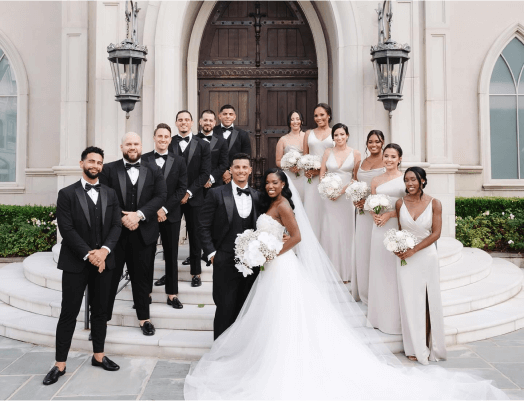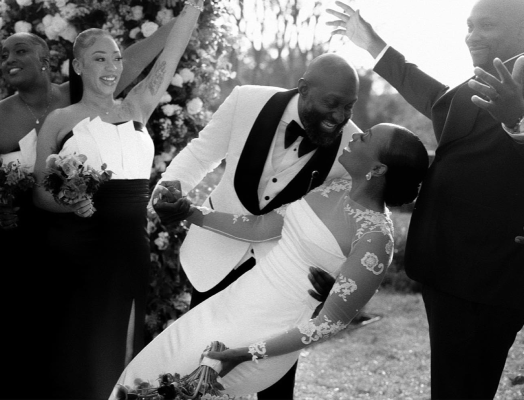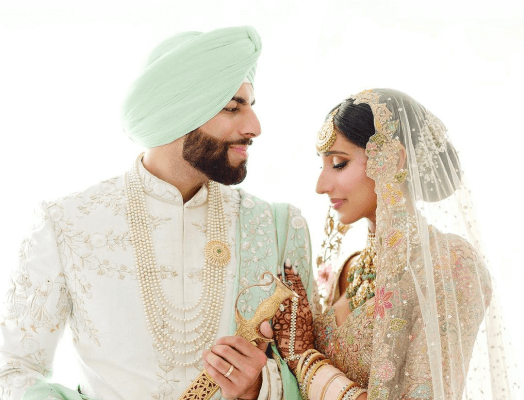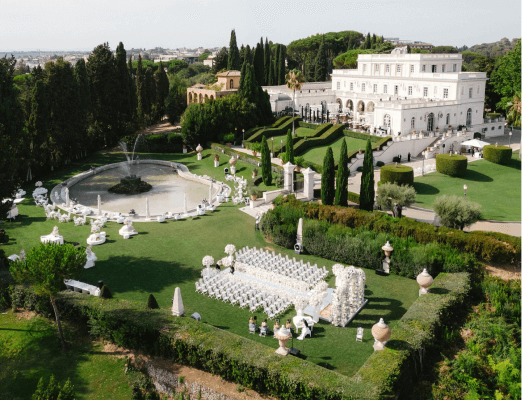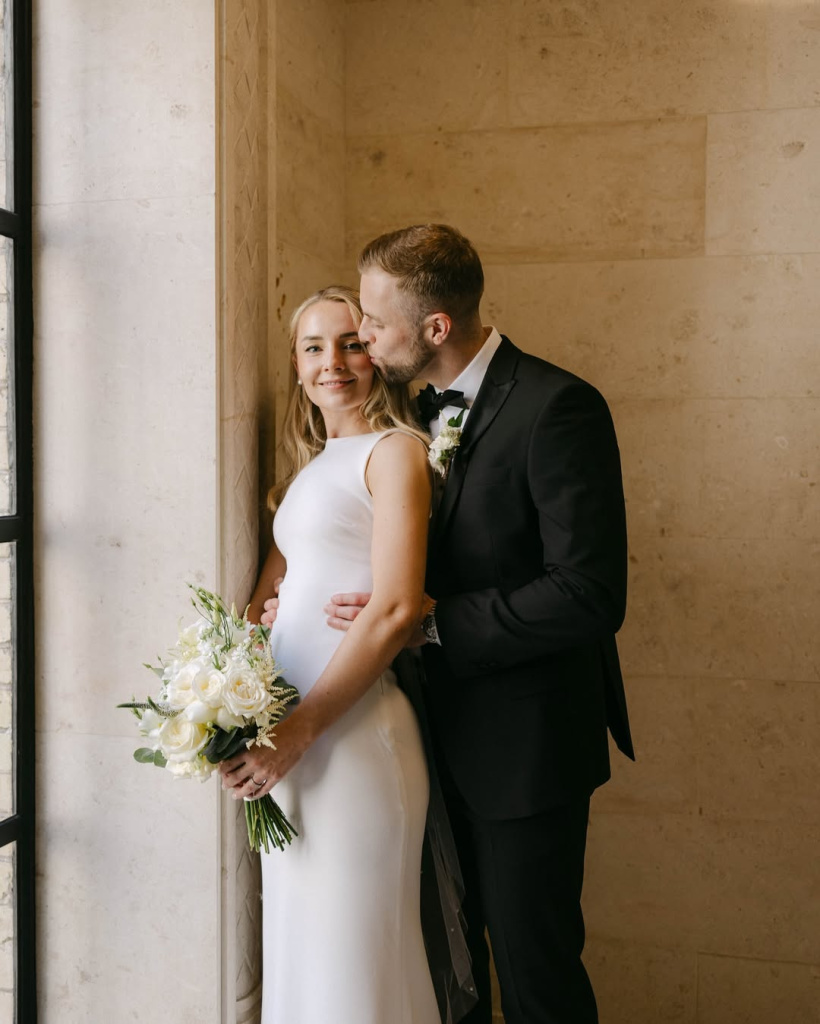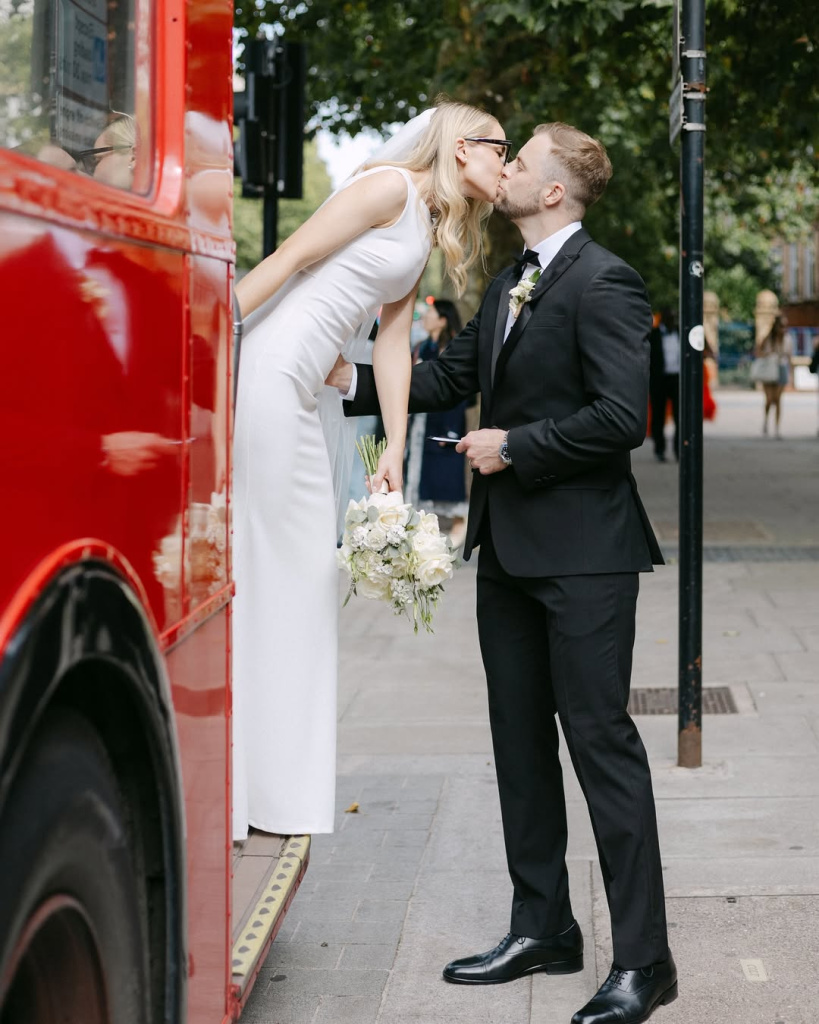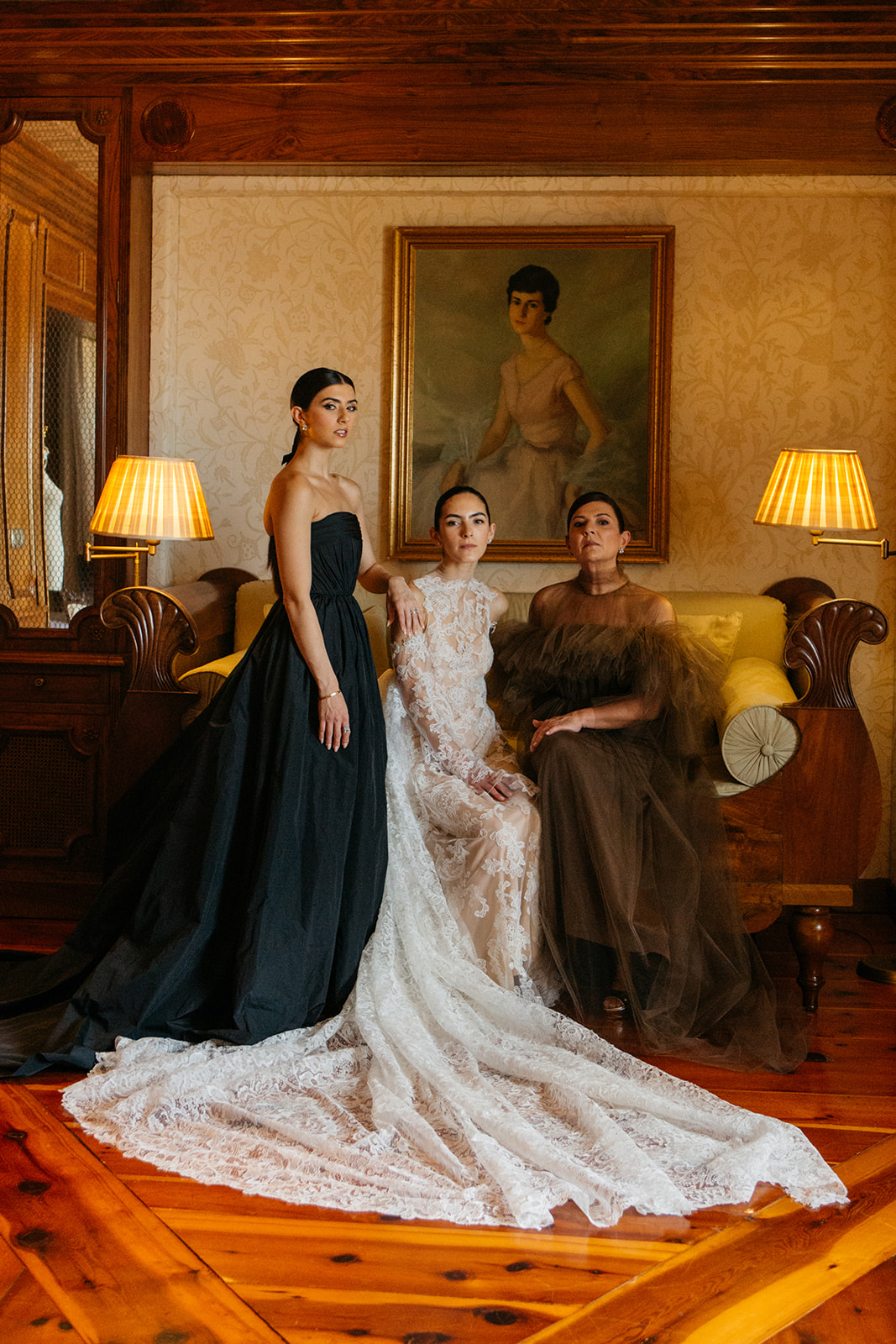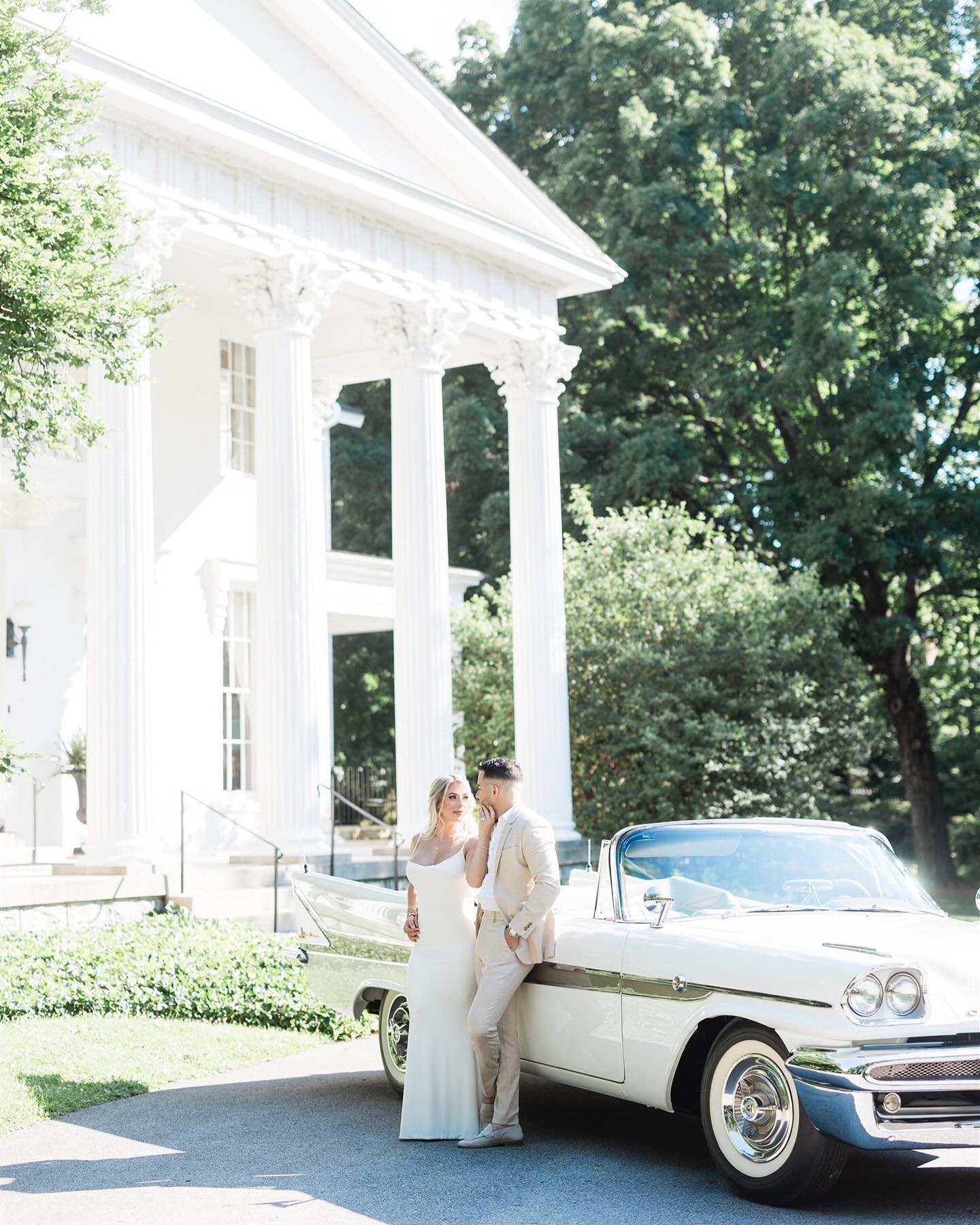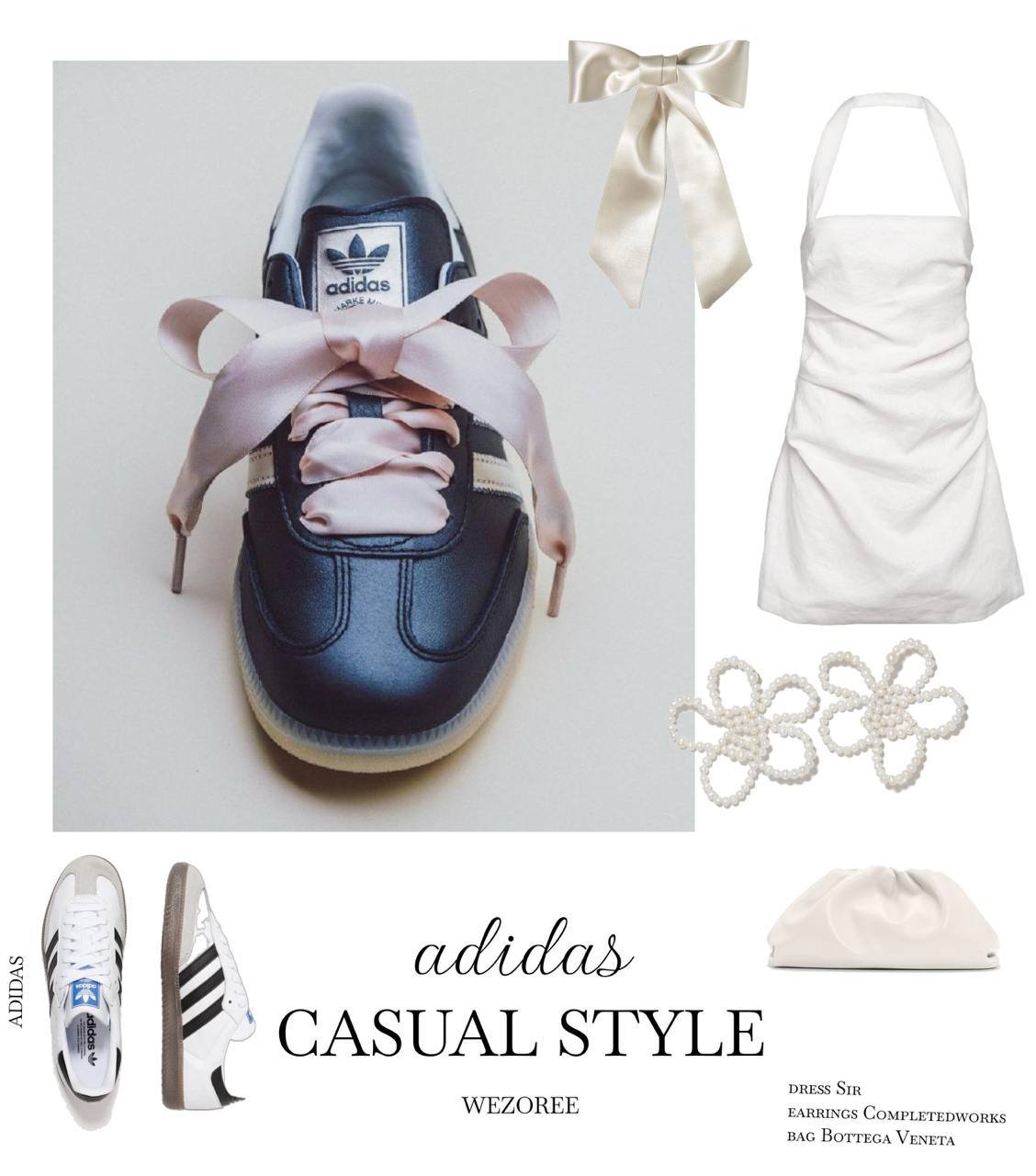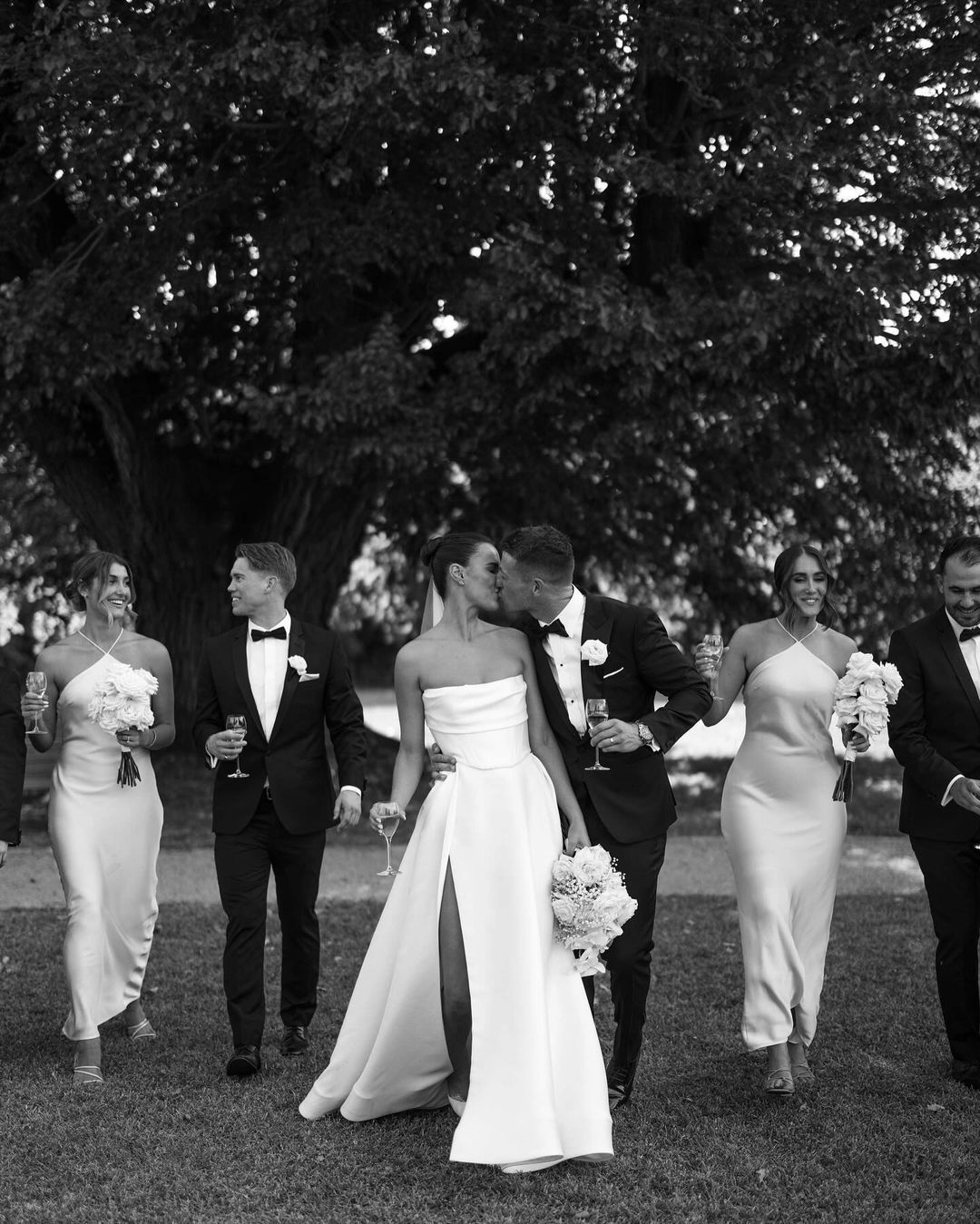How to Plan a Destination Wedding in London: Tips for International Couples
- Author: Natali Grace Levine
- Reading time: 9 min 16 sec
- Publication date: 09/19/2024
- Updated: 01/20/2026
Planning a destination wedding in London combines the allure of a historic city with the charm of an international celebration. London, renowned for its iconic architecture, royal parks, and cosmopolitan vibe, offers couples from around the world a stunning setting for their special day. Whether you envision a grand ceremony in a centuries-old castle or a stylish modern affair in a boutique hotel, London caters to every taste and preference.
Understanding Legal Requirements for International Couples
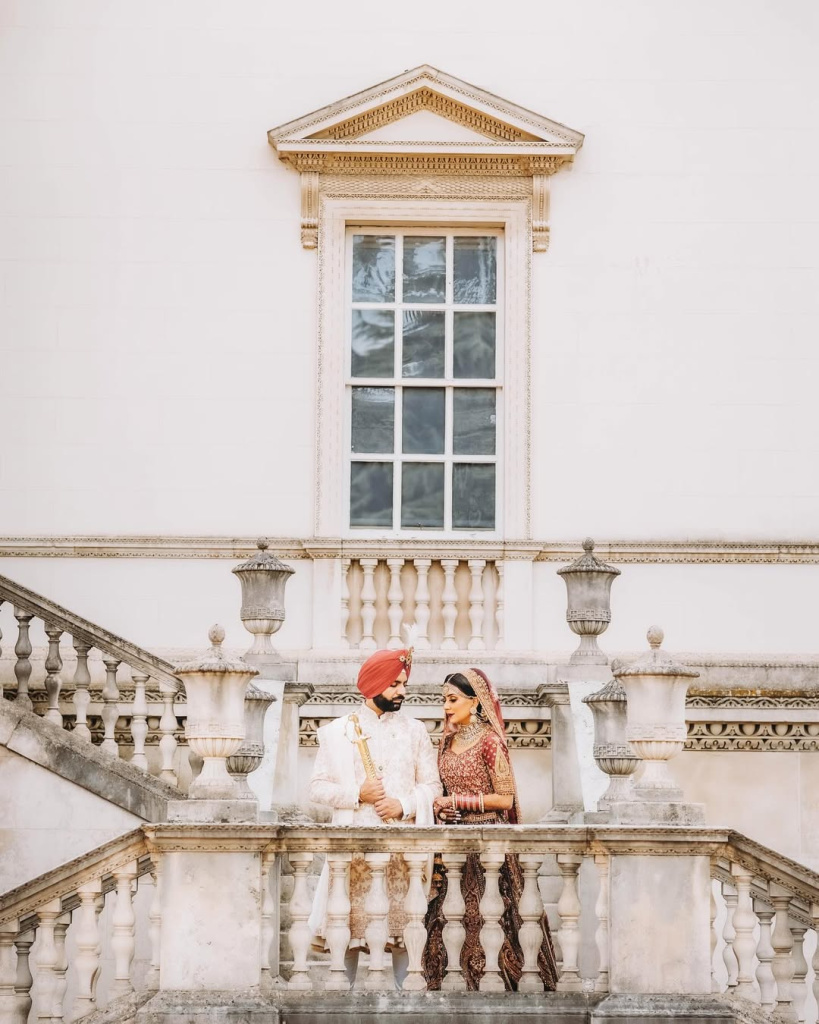
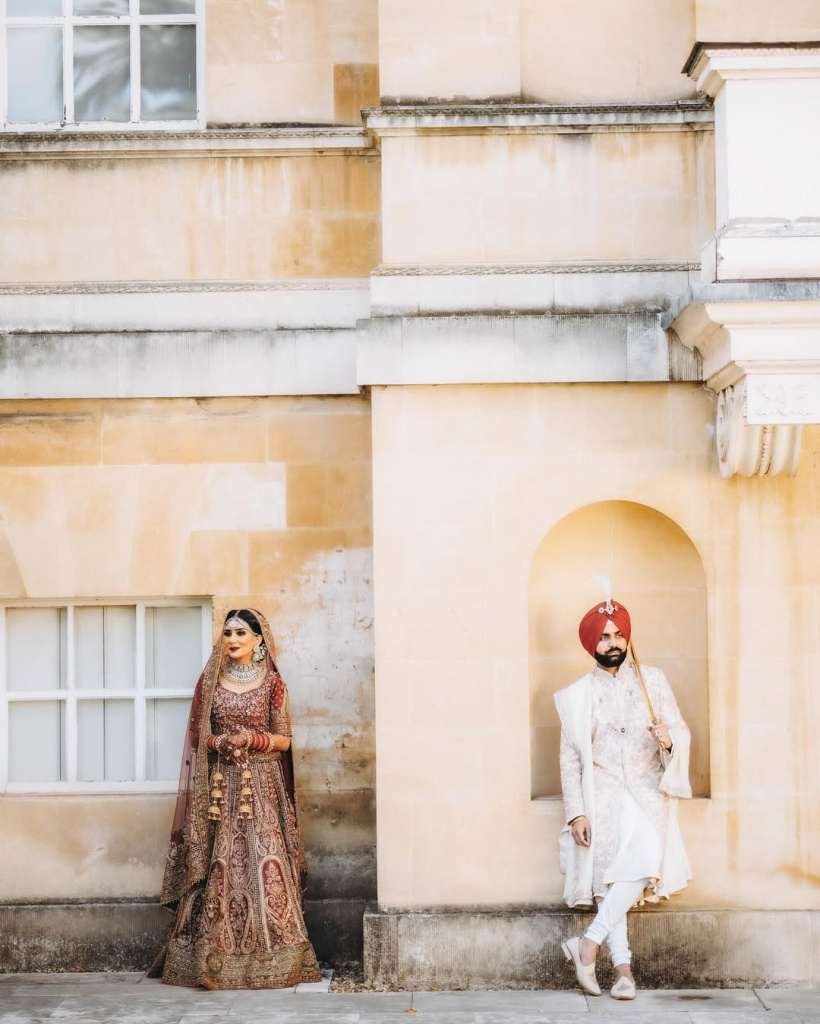
This guide provides essential tips and insights for international couples looking to navigate the intricacies of planning their dream wedding in this vibrant city. From understanding legal requirements to choosing the perfect season, embracing local culture, and ensuring your marriage is recognized back home, we'll cover everything you need to ensure your London wedding is both magical and smoothly executed.
Find Your Perfect Wedding Vendors
Introduction to London as a Wedding Destination
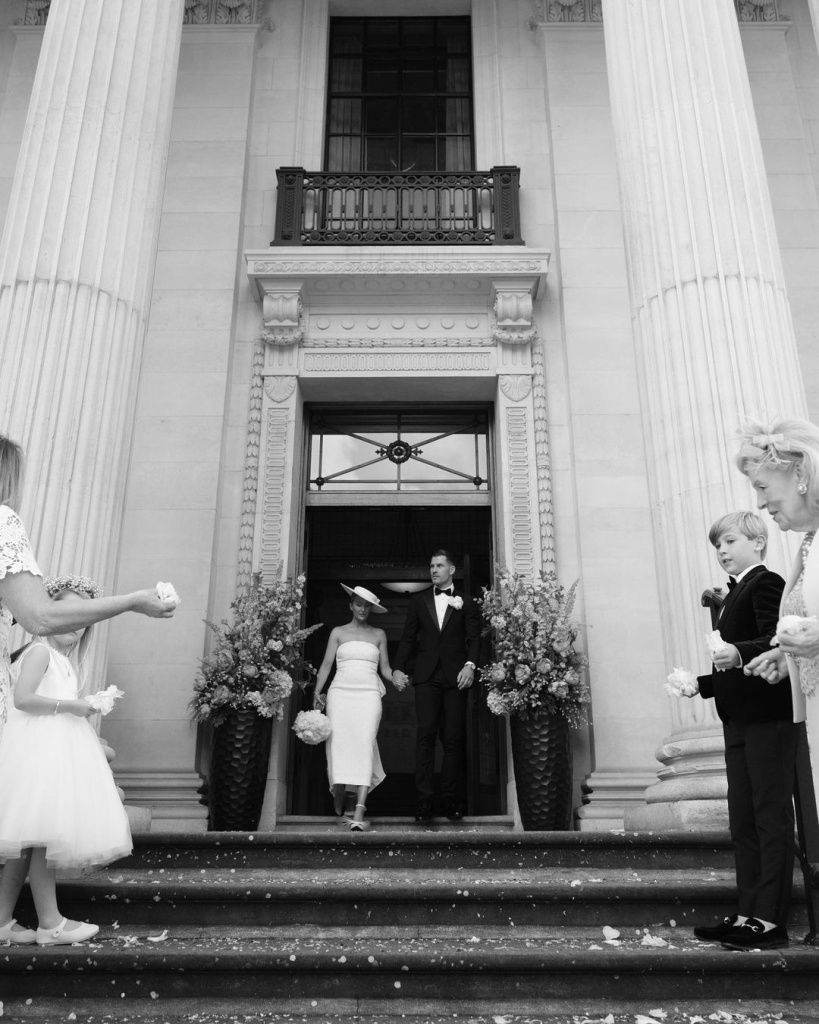
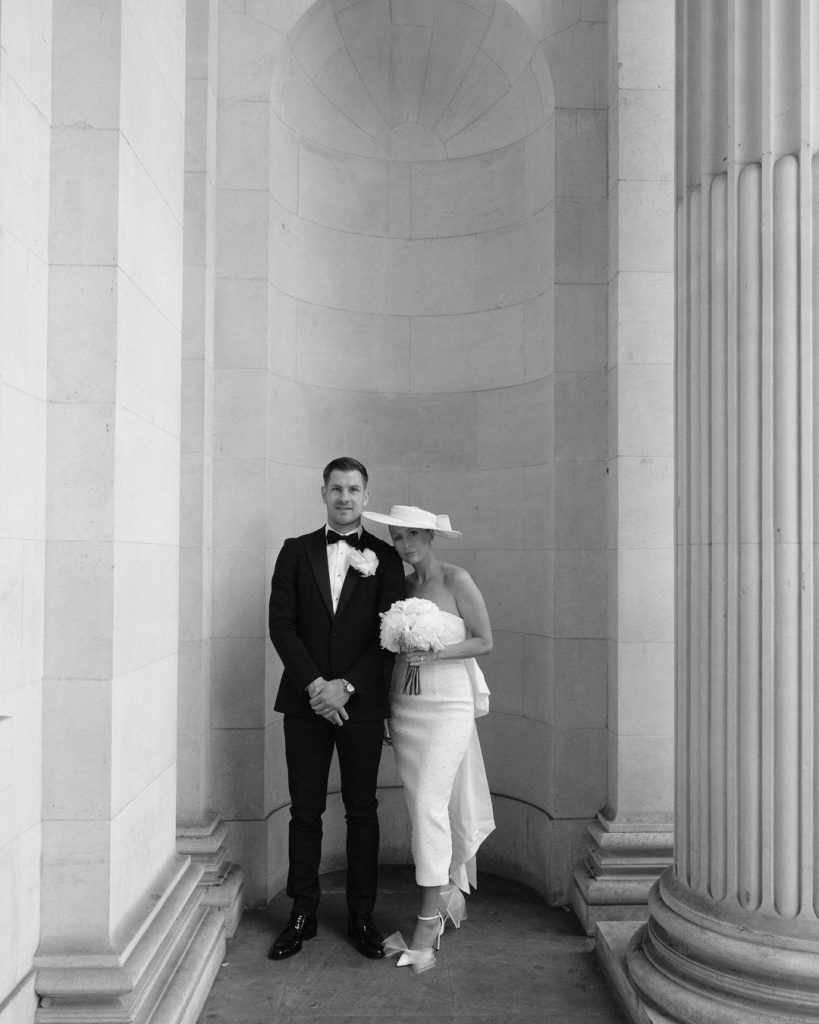
London, with its iconic landmarks and royal parks, offers a backdrop steeped in history and elegance for your wedding day. From the majestic Tower of London to the serene vistas of the Thames at sunset, the city combines urban sophistication with fairy-tale charm. Whether you dream of a lavish reception in a castle or a chic, intimate gathering in a private garden, London provides a range of venues to suit any vision. The city's vibrant culture, rich traditions, and excellent accessibility from around the world make it an ideal locale for your memorable day.
Understanding Legal Requirements for International Couples
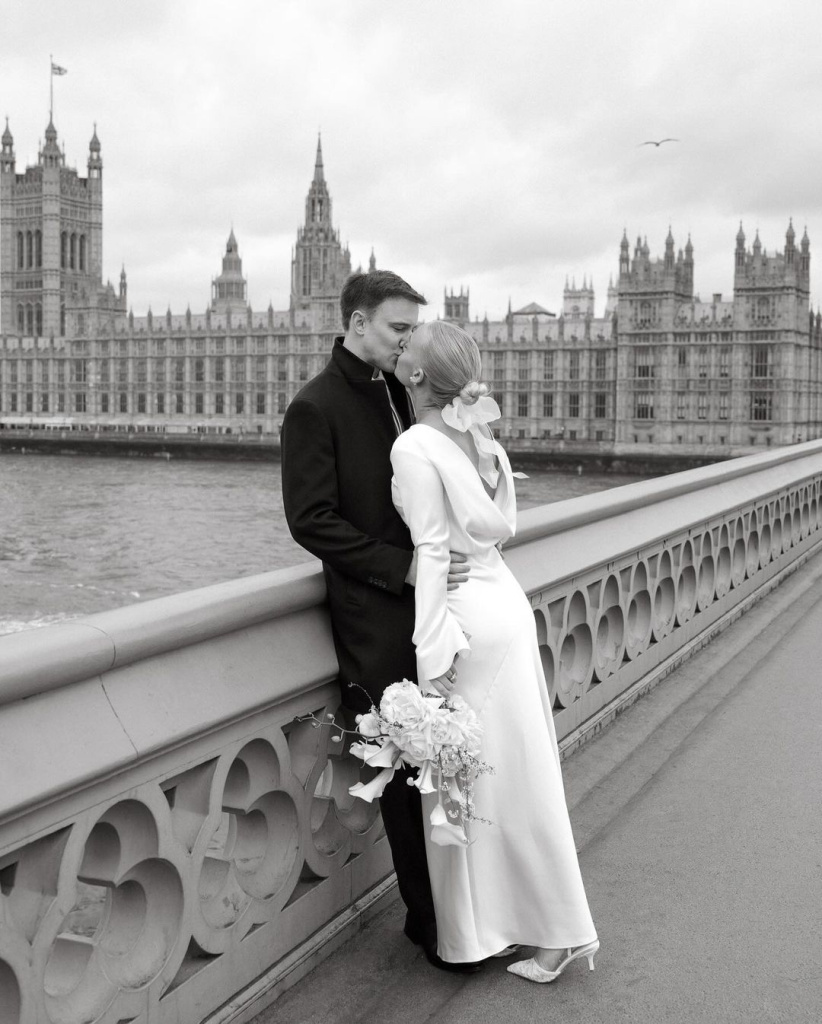
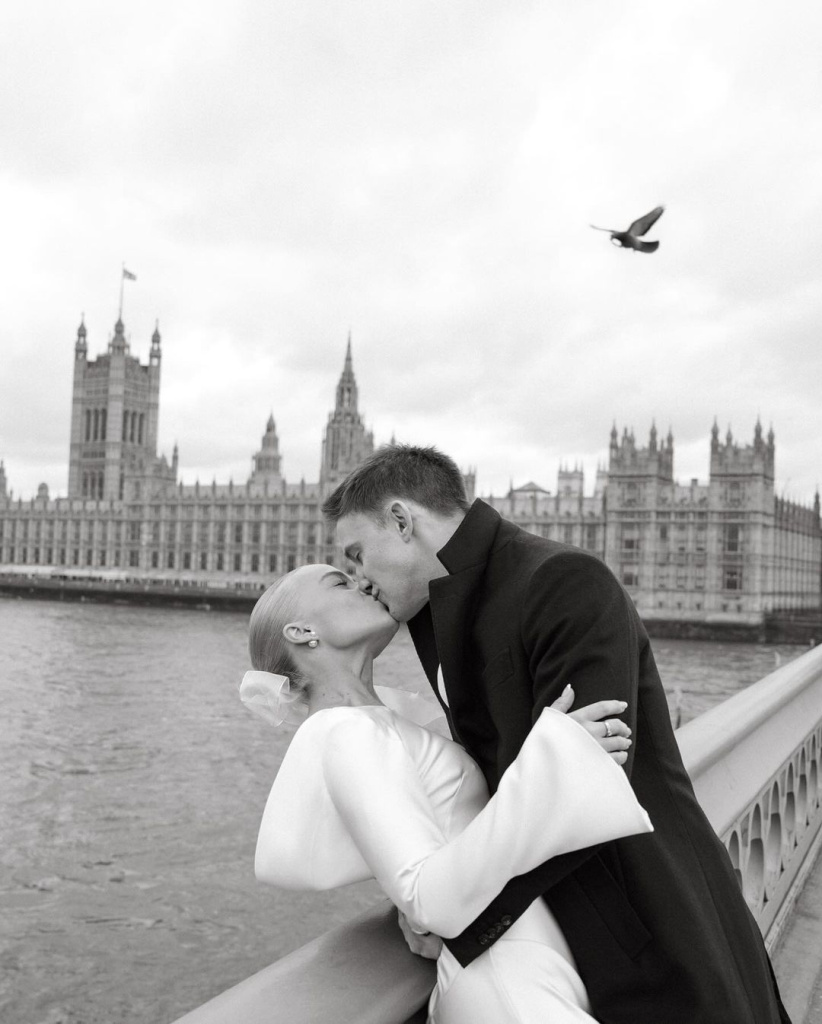


When planning a wedding in London as an international couple, it's essential to navigate the specific legal requirements to ensure your union is officially recognized. The process involves several key steps and careful attention to detail.
Obtaining the Right Visa
Depending on your circumstances, you may need a Marriage Visitor Visa, which allows you to stay in the UK for up to 6 months to get married or form a civil partnership, without the intention of settling permanently. Alternatively, if one partner is a UK resident or citizen, you might consider applying for a Family Visa.
Giving Notice
Before you can marry in the UK, you must give notice of your intention to marry at your local Register Office in England or Wales. This must be done in person, and you must have lived in the local area for at least 7 consecutive days prior to giving notice. During your appointment, you’ll present documents such as passports, proof of residence, details of the final wedding venue, and, if previously married, evidence of the termination of the marriage. The notice of marriage is then publicly displayed at the Register Office for 28 days.
Venue Approval
In the UK, weddings can legally occur in either a registered religious building or a venue that has been granted a marriage license, such as a hotel, castle, or registered historical site. Ensure your chosen venue has the correct licensing for conducting your ceremony.
Special License for Short Notice
If you have exceptional reasons that require you to marry on short notice, you may apply for a special license issued by the Archbishop of Canterbury's office, allowing for more flexibility in the notice period and venue choice.
Ceremony Requirements
The ceremony itself must be conducted by a person or in the presence of a person authorized to register marriages in the district, and it must be witnessed by two people.
Post-Wedding Legalities
After your wedding, ensure that you obtain an official marriage certificate. This document is crucial for legalizing your marriage in your home country and for any legal name changes or documentation updates.
International Considerations
If you or your partner are not from the UK, check with your home country's embassy or consulate to understand if additional paperwork, like a consular marriage certificate, is required to recognize the marriage in your home country.
Choosing the Perfect Date and Season
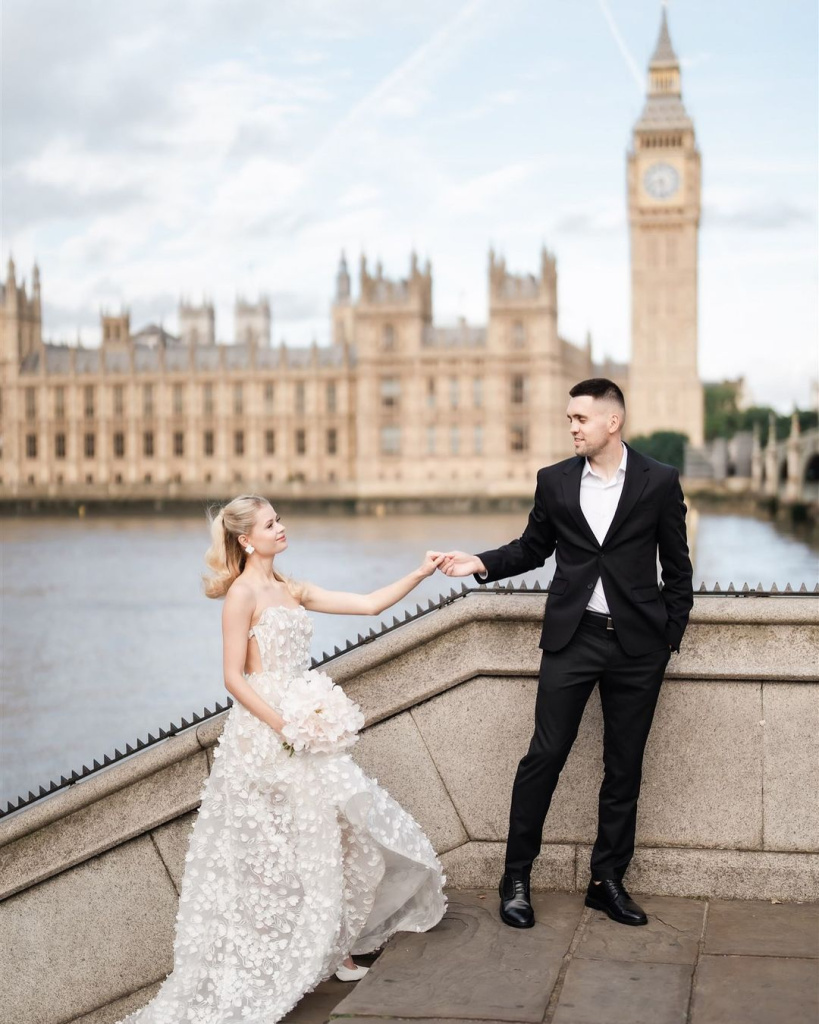
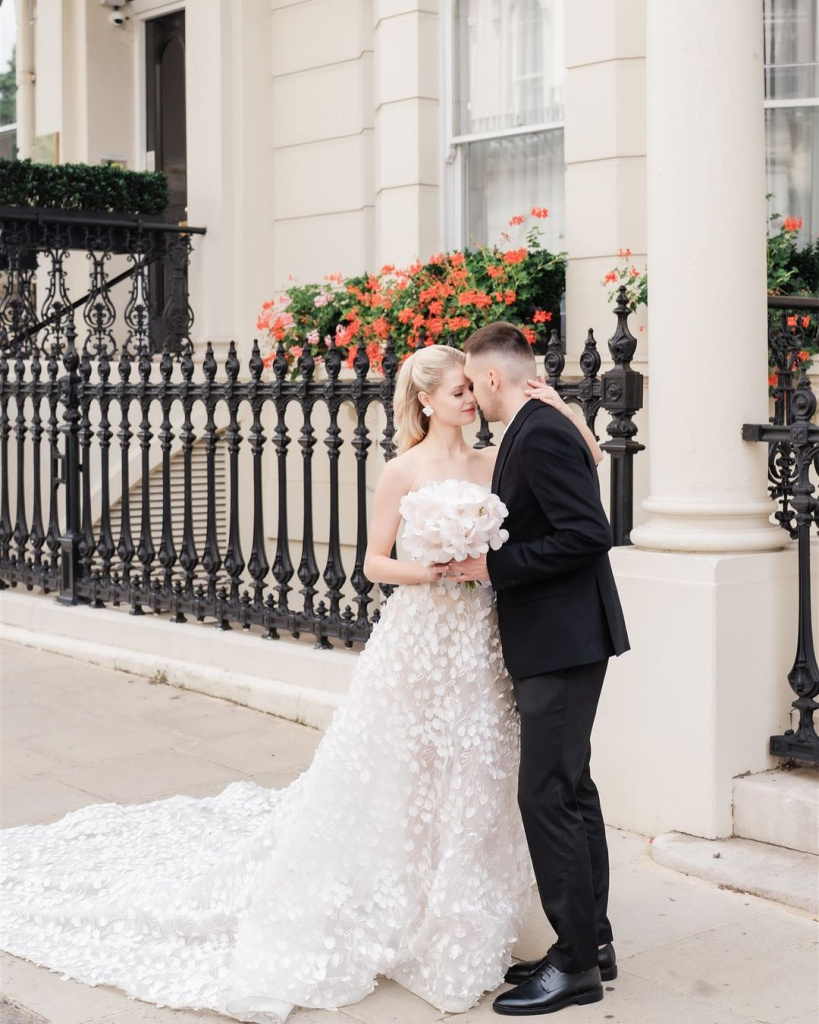
Selecting the right time of year for a wedding in London is crucial, as it affects everything from the ambiance and guest comfort to venue availability and pricing. London's distinct seasons each offer unique charms and considerations:
- Spring (March to May) brings mild temperatures that typically range from 11°C to 15°C. While rain is common, the season's blooming flowers like daffodils and tulips provide gorgeous natural backdrops for wedding photos. However, spring is popular for weddings, which can increase competition for venues and vendors, necessitating early bookings.
- Summer (June to August) offers the warmest weather, with temperatures averaging between 18°C to 30°C and longer daylight hours, providing more time for celebrations. The lush green parks and gardens are at their peak, ideal for outdoor ceremonies and receptions. However, summer is also peak wedding and tourist season, which might mean higher prices and less availability for venues and accommodation.
- Autumn (September to November) features cooler temperatures that gradually drop between 11°C and 15°C. Early autumn can still offer mild days suitable for outdoor events, with autumn leaves creating a colorful, romantic setting for weddings. However, the weather becomes more unpredictable later in the season, with increased chances of rain, though venues might offer off-peak pricing as demand decreases.
- Winter (December to February) is characterized by cold weather, with temperatures often ranging from 2°C to 6°C. Winter weddings can capitalize on festive decorations and themes, especially close to Christmas and New Year’s Eve. This season offers potential for budget-friendly weddings due to lower demand for venues and vendors, but shorter days and colder weather might limit outdoor photography sessions.
When choosing a date, consider not only the seasonal beauty and weather but also how these factors mesh with your vision for the day. For instance, if you desire outdoor photographs with natural lighting, summer and early autumn provide the best opportunities. Conversely, if you're enchanted by the idea of a cozy, candlelit ceremony, winter might be the perfect choice. Additionally, think about your guests' comfort and travel logistics, particularly if many are coming from abroad.
Navigating Cultural Differences
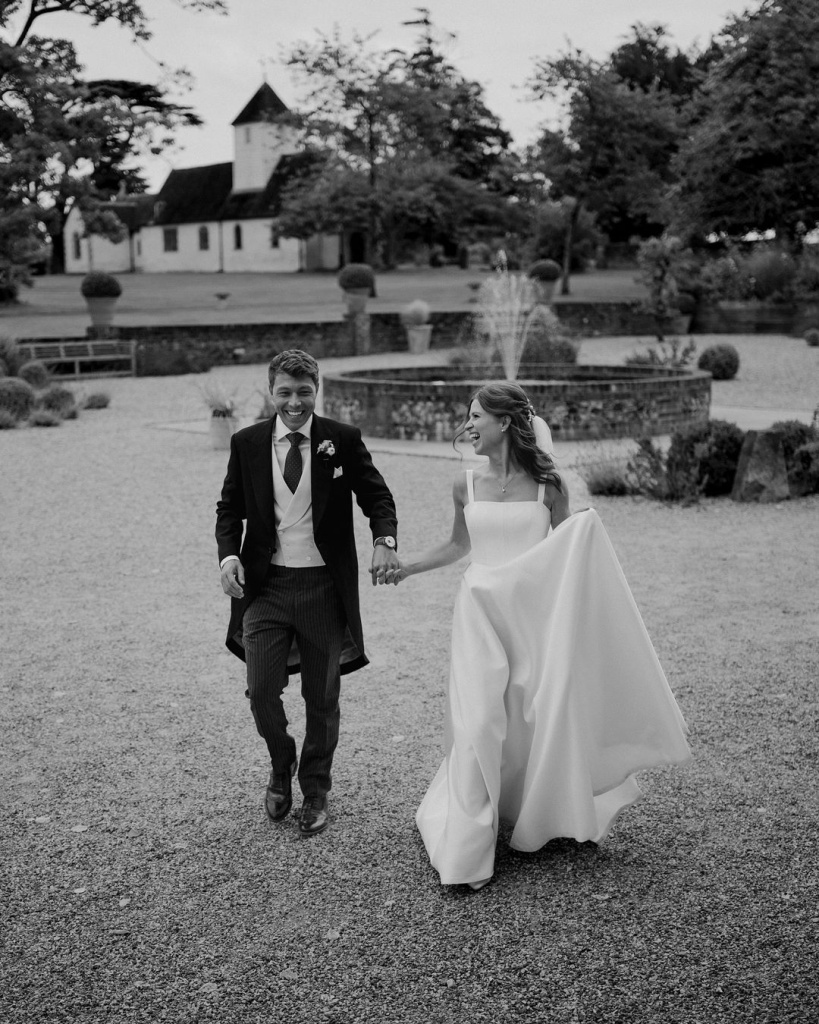
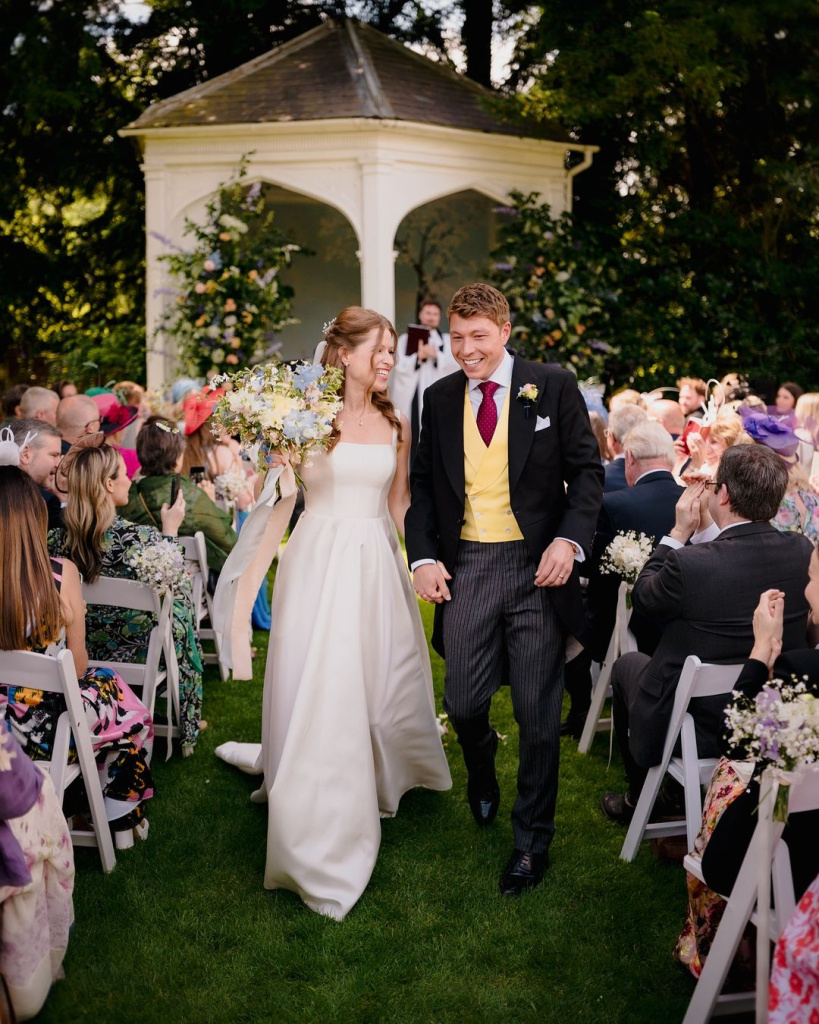
When planning a destination wedding in London, it’s important to consider how cultural differences can influence the wedding experience, not only for you but also for your guests. London's rich tapestry of history and modernity provides a unique setting that can cater to a diverse range of cultural expectations and customs.
Understanding British Wedding Traditions
British weddings have a host of unique customs that can be wonderful to include. For instance, it's traditional for speeches to be given at the end of the meal, a custom that might differ from your own. Incorporating elements like a traditional British tea party for the reception can offer guests an authentic local experience.
Integrating Your Own Traditions
While embracing British customs, it’s equally important to reflect your own cultural heritage in the ceremony and festivities. Whether it’s specific rituals, clothing, or food, communicating these needs early with your vendors will ensure that these elements are seamlessly woven into the day’s events. For example, if a traditional dance or ceremony is central to your culture, finding a venue that accommodates this and vendors familiar with the requirements is crucial.
Communicating with Vendors
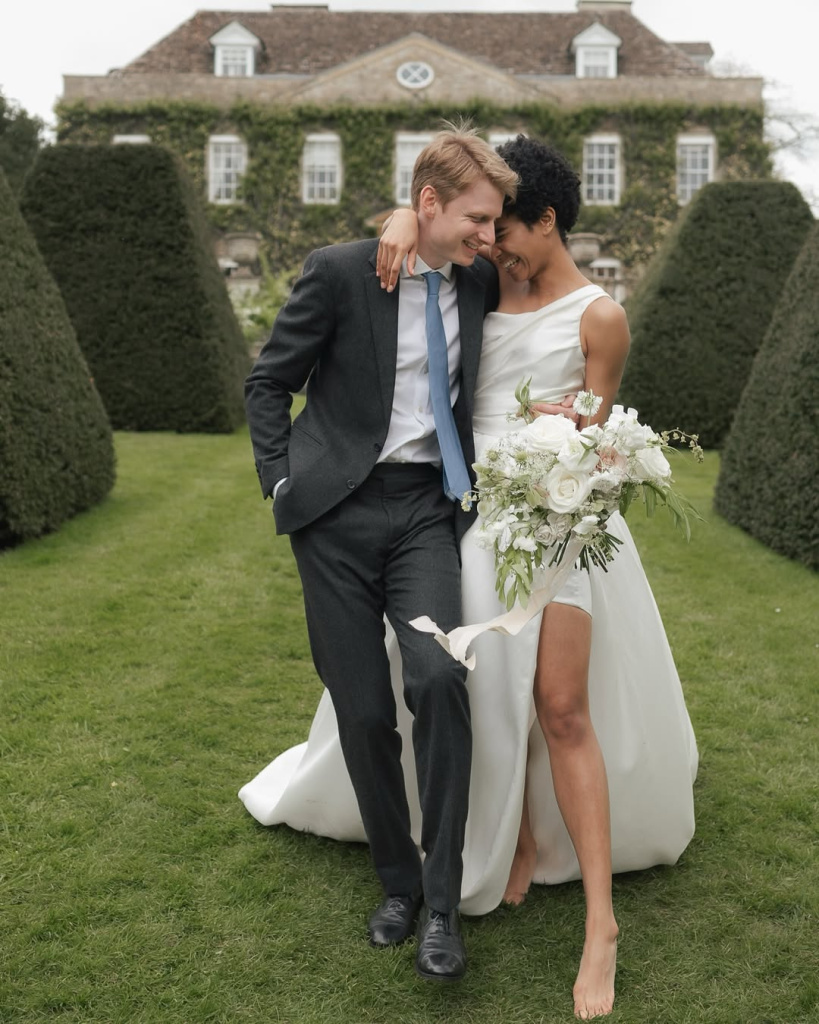
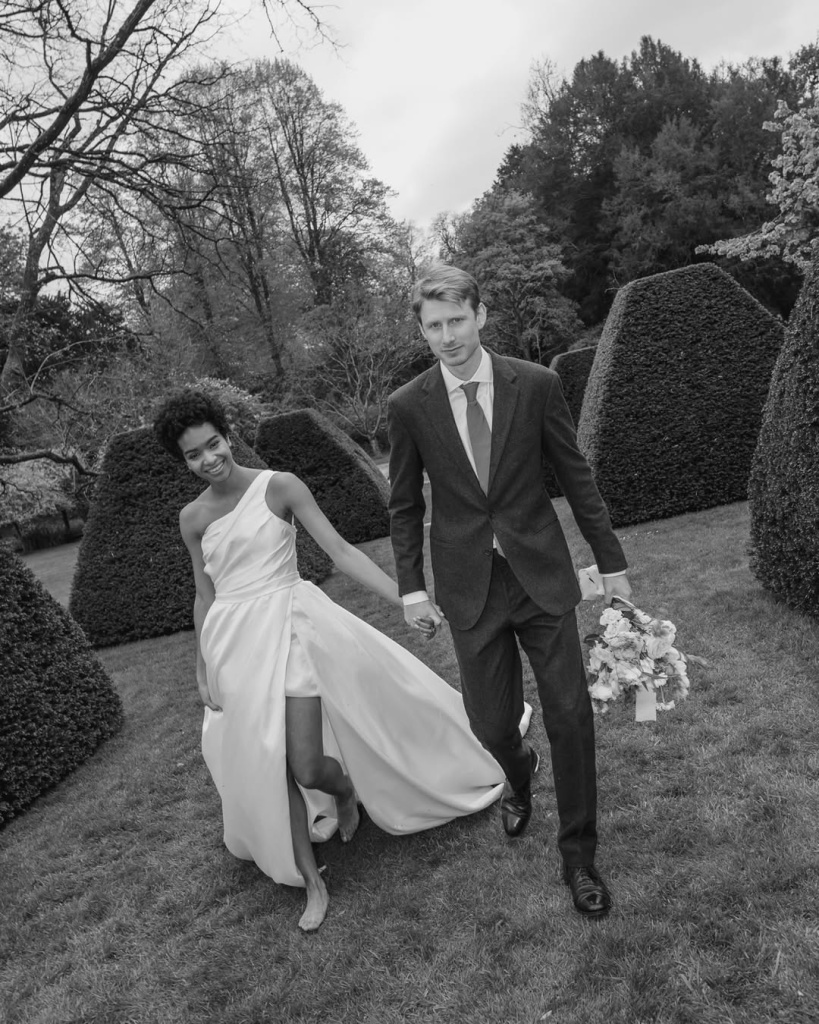
Effective communication is key when dealing with vendors from a different cultural background. It’s essential to clearly articulate your expectations and traditions to ensure they understand and respect your vision. This may involve more detailed discussions or visual aids such as photos and videos to ensure clarity.
Guest Considerations
When guests are traveling internationally, it's important to consider their comfort and familiarity with local customs. Providing a guide or a brief on what to expect at a British wedding, as well as any cultural customs you plan to include, can help guests feel more at ease. Also, consider their accommodation needs, dietary restrictions, and any language barriers that might impact their experience.
Cultural Etiquette
Each culture has its own set of wedding etiquette. For instance, the dress code at British weddings is typically more formal, which might differ significantly from your cultural norms. Informing guests of the expected dress code and any other etiquette can prevent any cultural faux pas and ensure everyone enjoys the celebration comfortably.
Legalizing and Authenticating Your Marriage Internationally
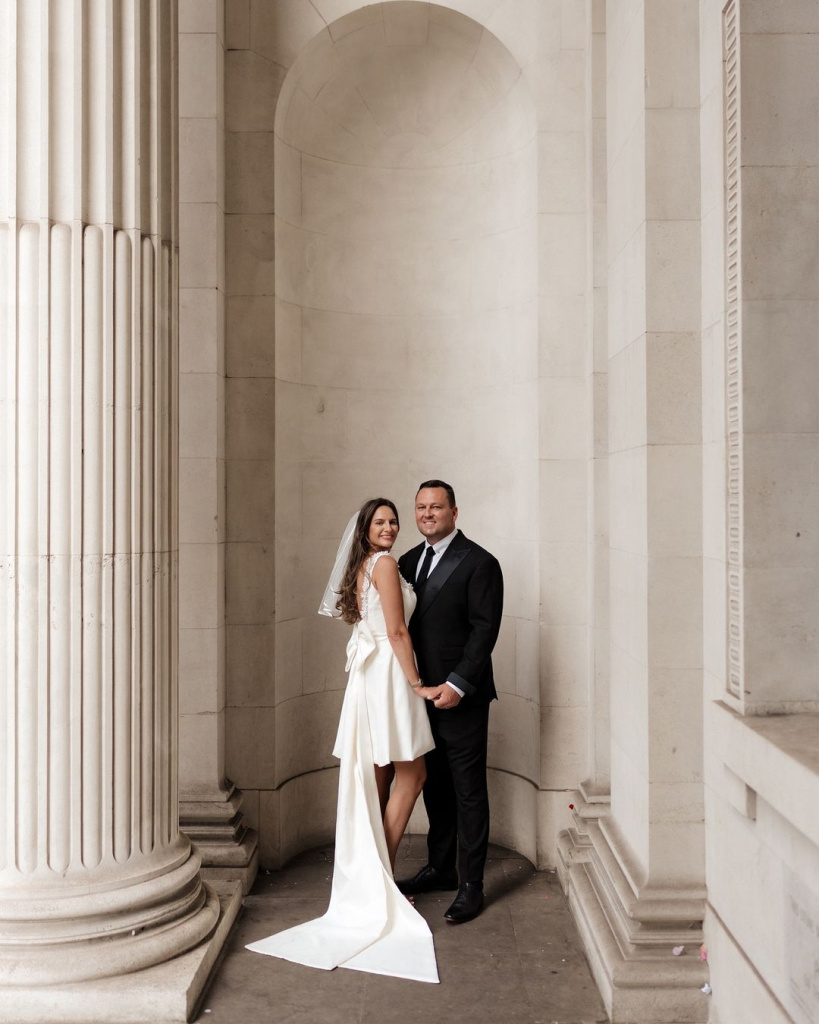
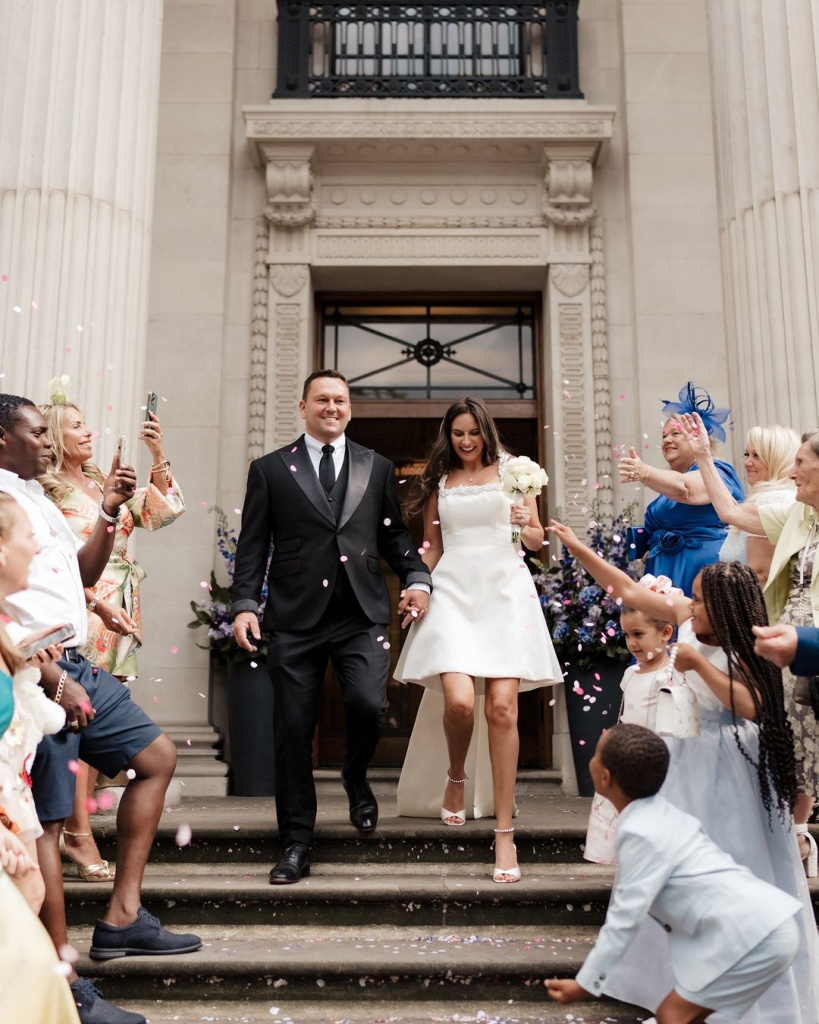
After your wedding in London, it’s crucial to ensure that your marriage is recognized in your home country and anywhere else it may need legal standing. This involves a process of legalizing and authenticating the marriage documents, which can vary significantly depending on your home country's laws and agreements with the UK.
Obtaining the Official Marriage Certificate
The first step is to acquire an official copy of your marriage certificate from the local registry office where your marriage was recorded. This document serves as the primary evidence of your marriage.
Apostille Certification
For countries that are members of the Hague Apostille Convention, you will need to get an Apostille stamp on your marriage certificate. The Apostille is a form of authentication issued to documents for use in countries that participate in the Hague Convention of 1961. In the UK, this service is provided by the Legalisation Office, which will verify the signature, stamp, or seal on the document.
Embassy Legalization
If your home country is not a member of the Hague Convention, the process involves additional steps. After obtaining the Apostille, you may also need to take your marriage certificate to your home country’s embassy or consulate in the UK for further legalization. This typically involves an additional certification by the embassy confirming that the document is valid for use in your home country.
Translation Services
If English is not the official language of your home country, you will likely need to have your marriage certificate and any other legal documents translated. The translations must be done by a certified translator and may also need to be notarized and legalized in the same manner as the original documents.
Legal Considerations in Your Home Country
Besides the legalization process, it’s important to be aware of any specific legal requirements or considerations in your home country. For instance, some countries may require that you register your marriage at a local civil registry or municipal office. Others may have unique provisions regarding marriages abroad, particularly if there are discrepancies in matrimonial laws.
Consulting Legal Experts
Given the complexity of these procedures, it’s advisable to consult with a legal expert who specializes in international marriage laws. This can ensure that all steps are correctly followed and that your marriage is recognized without any issues in your home country and beyond.
Checklist for Planning a Destination Wedding in London
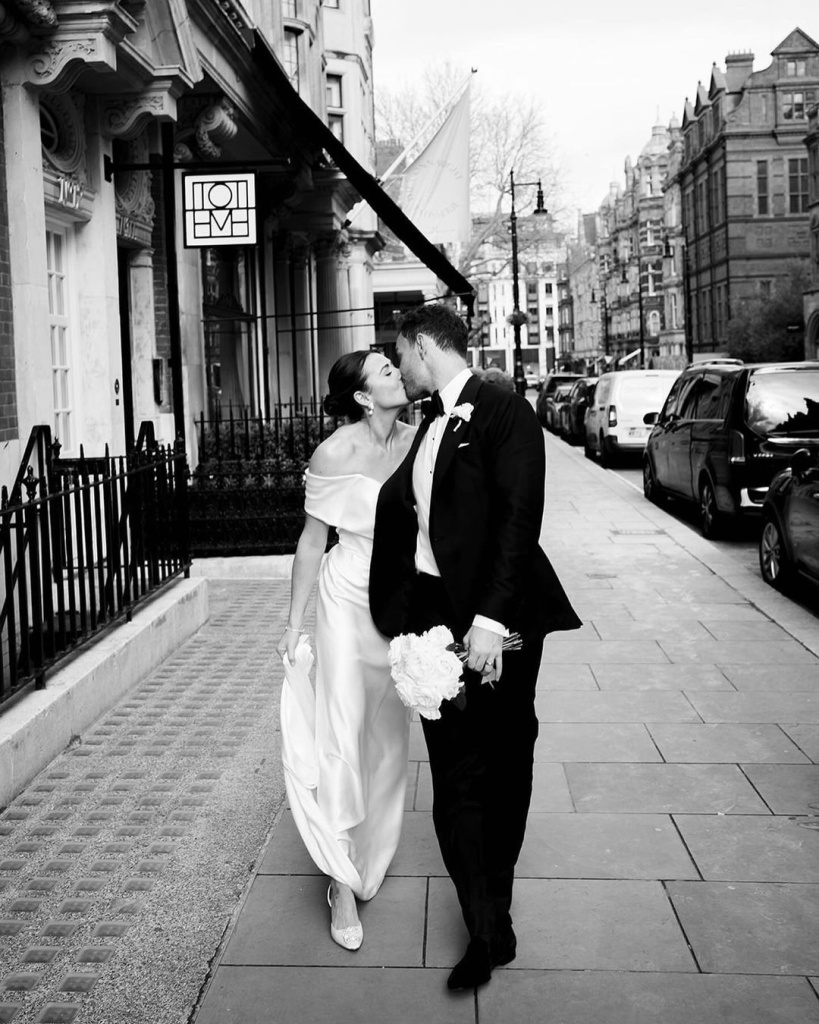
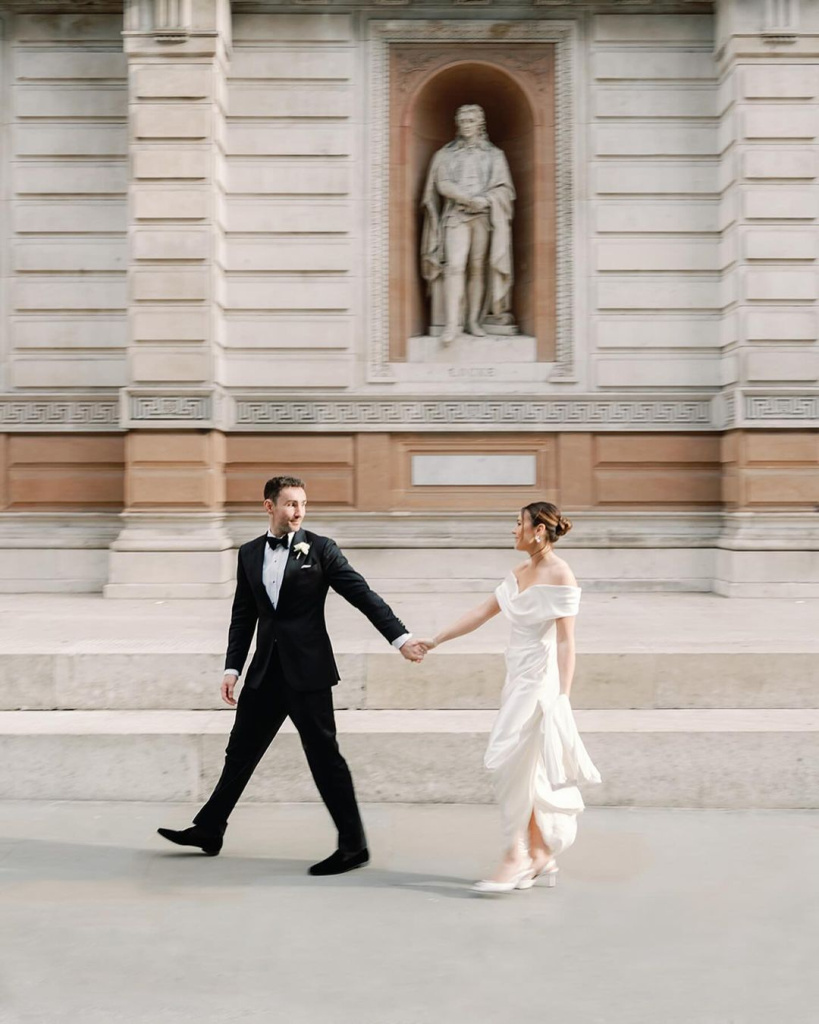
Organizing a destination wedding in London requires meticulous planning and coordination. To ensure nothing is overlooked, here’s an expanded, detailed checklist that will guide you through the entire process, from initial planning to the final touches on your wedding day.
12-18 Months Before
- Set a Budget: Determine your overall budget, considering exchange rates and potential international transaction fees.
- Choose a Date: Select your wedding date and have one or two backup dates in mind. Consider seasonality and local events that might affect availability and costs.
- Research Venues: Look into various venues that match your style and guest capacity. Consider both ceremony and reception locations.
- Visit London: If possible, plan a scouting trip to visit potential venues, meet vendors, and get a feel for the city.
- Hire a Wedding Planner: Consider hiring a local wedding planner who specializes in destination weddings and can navigate local vendors and logistics.
- Start Your Guest List: Draft an initial guest list to have an estimate for venue size and accommodations.
9-12 Months Before
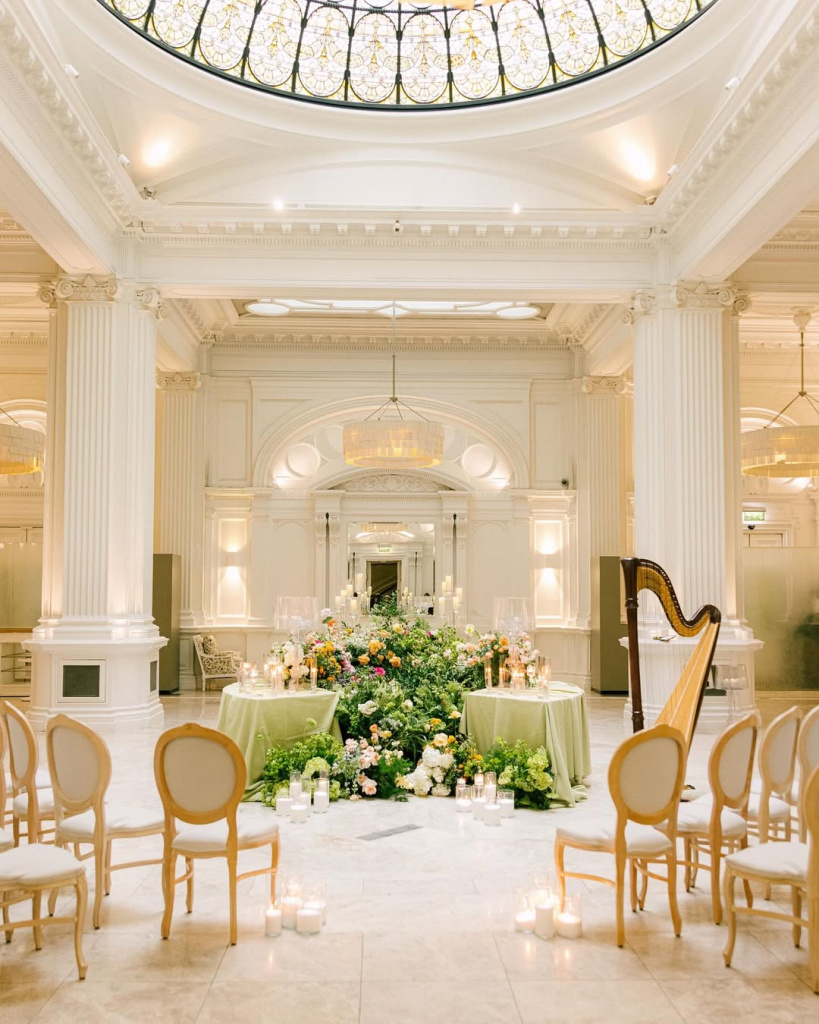
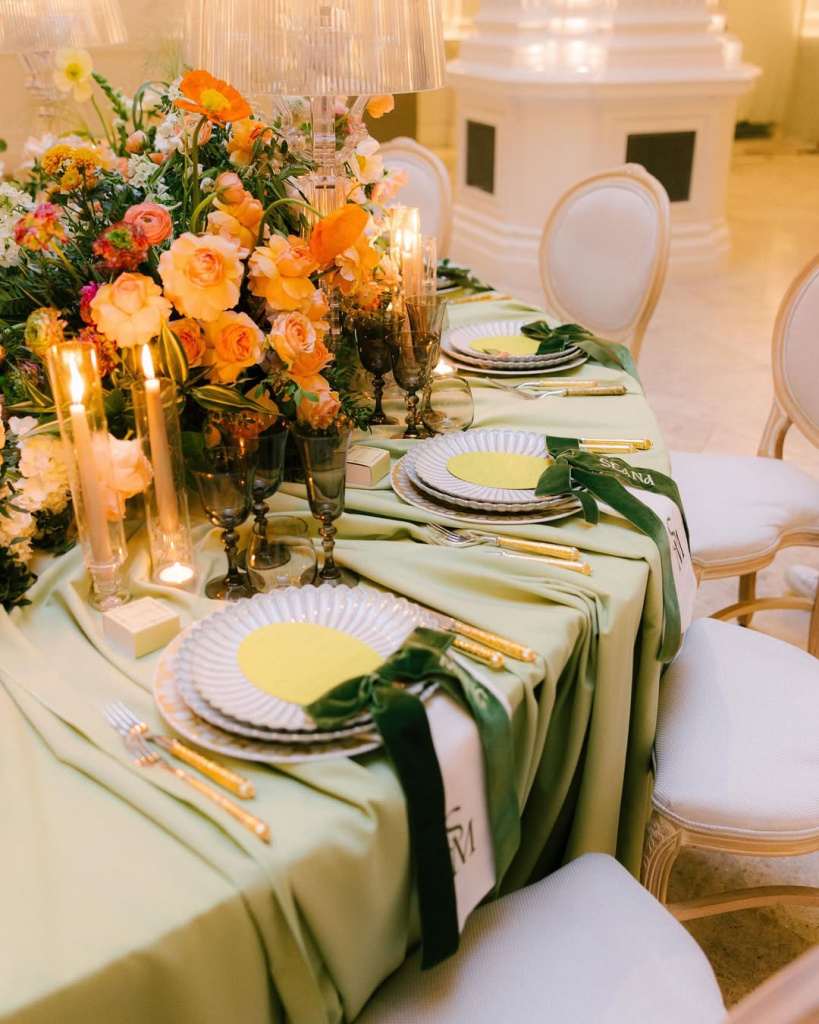
- Book Venue: Secure your venue for both the ceremony and reception.
- Engage Vendors: Begin booking your vendors, including photographers, caterers, florists, and entertainment.
- Send Save-the-Dates: Especially important for a destination wedding to give guests ample time to arrange travel.
- Plan Accommodations: Arrange hotel blocks or accommodations for your guests. Look for places that offer group discounts.
6-9 Months Before
- Order Invitations: Design and order your wedding invitations.
- Choose Wedding Outfits: Start shopping for your wedding attire, considering London’s weather and any dress codes.
- Book Flights and Transportation: Secure your travel arrangements and consider options for guest transport to and from the wedding venue.
- Menu Tasting and Details: If you're in London, arrange a tasting with your caterer to finalize the menu. Otherwise, discuss alternatives for remotely selecting your menu.
3-6 Months Before
- Send Invitations: Mail your wedding invitations.
- Finalize Vendor Details: Confirm arrangements and finalize details with all your vendors.
- Plan a Detailed Itinerary: Create a detailed schedule for your wedding events, including any pre-wedding and post-wedding activities.
- Purchase Wedding Rings: Choose and order your wedding rings.
1-3 Months Before
- Confirm RSVPs: Track your guest RSVPs and follow up where necessary.
- Apply for Visas and Passports: Ensure all travel documents for you and your guests are in order, including any necessary visas.
- Arrange Last-Minute Details: Confirm your floral arrangements, menu items, and decorative details.
- Create Seating Plans: Organize seating arrangements for the reception.
Weeks Before
- Final Vendor Confirmations: Reach out to all your vendors to confirm details and make any last-minute adjustments.
- Pack and Prepare: Begin packing for the trip, making sure to include all wedding attire and essentials.
- Prepare Payments: Arrange for final payments to vendors or delegate to a trusted person.
Days Before


- Arrive in London: Plan to arrive several days before your wedding to acclimate and handle any on-site preparations.
- Meet with Your Planner and Vendors: Have final meetings with your wedding planner and vendors to go over the day’s schedule and last-minute details.
- Rehearsal: Conduct your wedding rehearsal to ensure everyone knows their roles and timing.
- Welcome Guests: Host a welcome reception for your guests to thank them for traveling and to kick off the festivities.
Post-Wedding
- Send Thank You Notes: Send out thank you cards to guests and vendors.
- Legalize and Authenticate Marriage: Follow the necessary steps to ensure your marriage is recognized internationally.
This comprehensive checklist will help you manage the complexities of planning a destination wedding in London, ensuring a memorable and smoothly run celebration for you and your guests.







